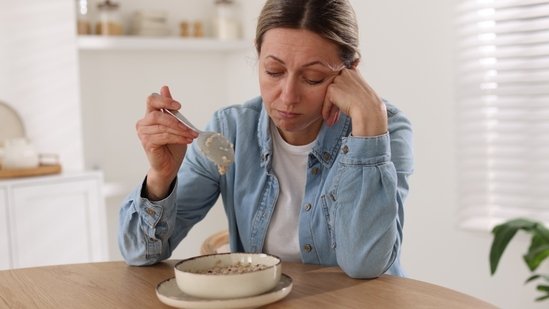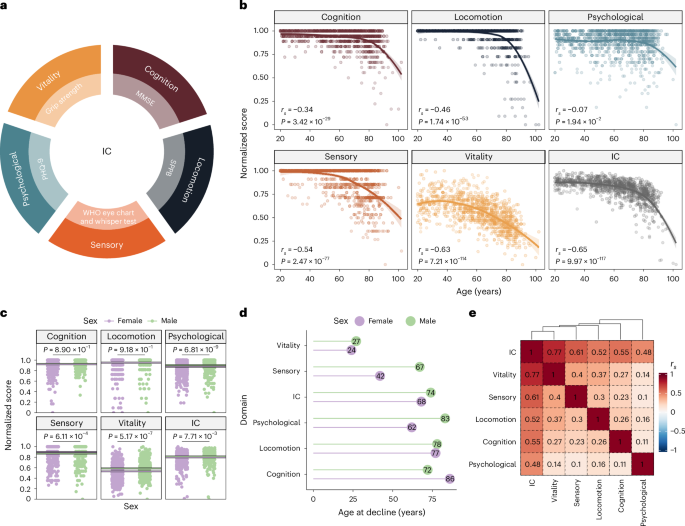
Mega Doctor News
Newswise — Intakes of dietary fiber, high-quality and total carbohydrates in midlife were favorably linked to healthy aging and other positive health outcomes in older women, according to a new study by researchers from the Jean Mayer USDA Human Nutrition Research Center on Aging (HNRCA) at Tufts University and Harvard T.H. Chan School of Public Health. The study was published May 16 in the journal JAMA Network Open.
“We’ve all heard that different carbohydrates can affect health differently, whether for weight, energy, or blood sugar levels. But rather than just look at the immediate effects of these macronutrients, we wanted to understand what they might mean for good health 30 years later,” said Andres Ardisson Korat, a scientist at the HNRCA and lead author of the study. “Our findings suggest that carbohydrate quality may be an important factor in healthy aging.”
The researchers analyzed data from Nurses’ Health Study questionnaires collected every four years between 1984 and 2016 to examine the midlife diets and eventual health outcomes of more than 47,000 women who were between the ages of 70 and 93 in 2016. Intakes of total carbohydrates, refined carbohydrates, high-quality (unrefined) carbohydrates, carbohydrates from whole grains, fruits, vegetables, and legumes, dietary fiber, and the dietary glycemic index and glycemic load were derived from the validated food-frequency questionnaires. The researchers defined healthy aging as the absence of 11 major chronic diseases, lack of cognitive and physical function impairments, and having good mental health, as self-reported in the Nurses’ Health Study questionnaires. In the new study, 3,706 participants met the healthy aging definition.
The analysis showed intakes of total carbohydrates, high-quality carbohydrates from whole grains, fruits, vegetables, and legumes, and total dietary fiber in midlife were linked to 6 to 37% greater likelihood of healthy aging and several areas of positive mental and physical health. In the other direction, intakes of refined carbohydrates (carbohydrates from added sugars, refined grains, and potatoes) and starchy vegetables were associated with 13% lower odds of healthy aging.
“Our results are consistent with other evidence linking consumption of fruits and vegetables, whole grains, and legumes with lower risks of chronic diseases, and now we see the association with physical and cognitive function outcomes,” said senior author Qi Sun, associate professor in the departments of nutrition and epidemiology at Harvard Chan School.
The authors note as a limitation that the study population was composed mostly of white health professionals; future research will be necessary to replicate these findings in more diverse cohorts.
Ardisson Korat also noted that additional work is needed to understand the potential mechanisms linking dietary fiber and high-quality carbohydrates to healthy aging.
“Studies are starting to find an association between food choices in midlife and quality of life in later years. The more we can understand about healthy aging, the more science can help people live healthier for longer,” added Ardisson Korat.









